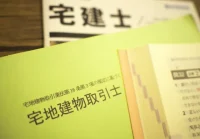How much is the minimum wage in Japan? Does it apply to foreigners? How to check and the differences between prefectures are explained.

What is the minimum wage in Japan?"
What is the minimum wage in Japan?"
I want to know if my current salary meets the minimum wage."
Many foreigners may think this way.
This article provides a detailed explanation of the following topics for foreigners who have such questions.
- Outline of minimum wages in Japan and minimum wage amounts in major cities
- Does the Japanese minimum wage system apply to foreign workers?
- How to check if your current wages meet the minimum wage
Please refer to this article for a better understanding of Japan's minimum wage system and to work with peace of mind at a fair wage.
▼Goandup Picks Click here for recommended articles!
- Required before studying abroad! Goandup Nihongo+, an online Japanese language learning service
- This page introduces services for foreigners who wish to study in Japan or improve their Japanese language skills to learn Japanese online.
- Goandup Salon" community for foreigners living in Japan
- We introduce an online community where foreigners living in Japan can exchange information and interact with each other to support their life in Japan.
- Goandup Study" supports foreigners who want to study in Japan.
- This section introduces study abroad support services that provide comprehensive support to foreigners who wish to study in Japan, from preparation for study abroad to living in Japan.
- Where can I buy a prepaid SIM in Japan? Recommended SIM cards for foreigners are also introduced.
- How to purchase a prepaid SIM and suitable SIM cards for foreigners.
- The Complete Guide to Pocket Wi-Fi in Japan for Foreigners!
- We introduce how to select and recommend pocket Wi-Fi products that can be used conveniently in Japan.
- The Complete Guide to Finding a Job in Japan! Finding a job, changing jobs, and part-time work for foreigners
- This site provides foreigners who want to work in Japan with comprehensive information on how to find a job, recommended job sites, and other information necessary to find a job.
What is the minimum wage in Japan?
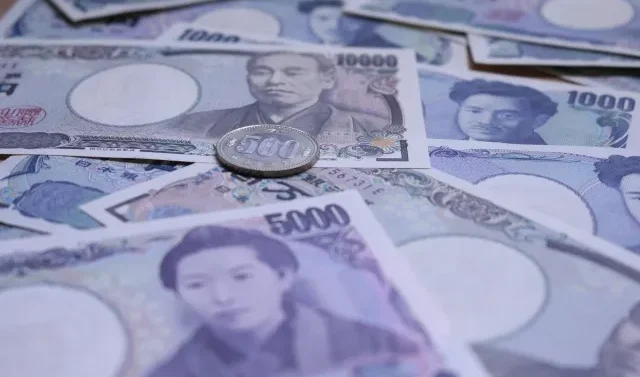
Like other countries, Japan has a "minimum wage system.
The minimum wage (minimum wage system) in Japan is a system under which the government sets a minimum wage based on the Minimum Wage Law, and employers must pay workers at least that minimum wage amount. The purpose of the minimum wage system is to protect the livelihood of workers and improve working conditions.
If a contract is made with a worker for a wage lower than the minimum wage amount, the contract is void by law. In such a case, the employer is obligated to pay the shortfall, since it is considered that the contract was concluded with wages equal to the minimum wage amount.
In addition, paying only wages below the minimum wage is a violation of the law, and the employer (the person who employs the worker) may be fined up to 500,000 yen. In order to protect workers' rights, employers are required to comply with the minimum wage.
Minimum Wages in Japan Vary by Prefecture
Minimum wages in Japan vary from prefecture to prefecture. This is because prices, the number of workers, and tax revenues differ greatly between populous cities such as the Tokyo metropolitan area and rural areas, respectively.
Minimum wages in Japan are not uniformly set by the government. Regional minimum wages for each prefecture are determined by the director of the local labor bureau, taking into consideration the actual conditions of the region. This decision is based on the opinions of the Local Minimum Wage Council, which consists of representatives of workers, employers, and the public interest.
Reference:Who determines the minimum wage and how?
Minimum wage is applicable to the prefecture where you work.
If the prefecture in which I live is different from the prefecture in which I work, which minimum wage amount applies?
The correct answer to this is "the prefecture where you work".
For example, if you live in Saitama Prefecture and work in Tokyo, the minimum wage of Tokyo is applied. In other words, the minimum wage of the prefecture where the work is actually performed (workplace) is applied, not the worker's place of residence. This is a measure to prevent inequity in wages among workers at the same workplace.
Applies even if you are a part-timer or a part-timer.
The minimum wage system applies to all workers, regardless of their employment status, such as part-timers, part-time workers, temporary workers, and contract workers, as well as full-time employees. Minimum wages are not exempted on the basis of short working hours or a short period of employment. Foreign workers are subject to the same minimum wage system as Japanese workers, regardless of their status of residence or employment status.
Does the minimum wage system apply to foreigners working in Japan?

In recent years, the number of foreigners working in Japan has been increasing. So, the question arises, "Does the minimum wage system apply to foreigners working in Japan?" The question is, "Does the minimum wage system apply to foreigners working in Japan?
The answer is "applicable. All workers in Japan are subject to the Minimum Wage Law, regardless of their nationality or status of residence.
This is because, as long as you are working in Japan, you are required to comply with Japanese labor-related laws and regulations, even if you are a foreigner. The Minimum Wage Law and other labor-related laws are intended to protect all workers, regardless of nationality.
Foreign workers, including technical intern trainees, are subject to the same minimum wage as Japanese workers, as well as other labor-related laws and regulations, such as the Labor Standards Law and the Industrial Safety and Health Law. Compliance with these laws is required to protect the rights of foreign workers and ensure a fair working environment.
Incidentally, there are a variety of laws regarding labor, including
- Labor Standards Act
- Industrial Safety and Health Act
- Minimum Wages Act
- Public Employment Security Law (1948)
- Temporary Staffing Services Law
- Trade Union Law, etc.
The minimum wage system is of course applicable to "technical intern trainees," who have been increasing in recent years to help alleviate labor shortages, and the above laws also apply to them.
Please check again to see if you are being forced to work under illegal conditions.
What is the minimum wage in Japan (major cities)?
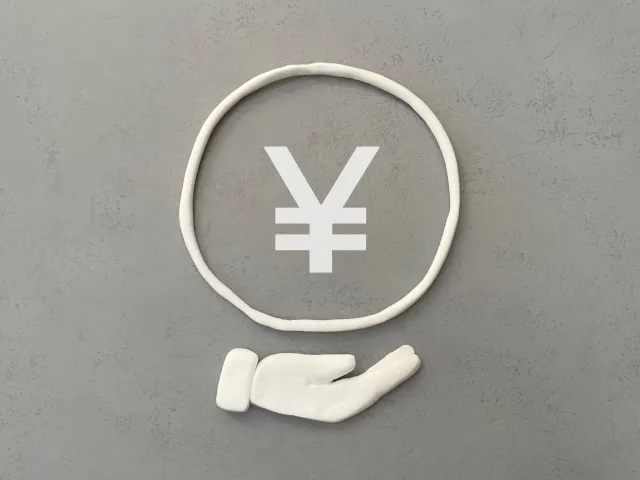
Here are the minimum wages for the prefectures to which Japan's major cities belong.
*As of October 2023
- Hokkaido: 960 yen
- Aomori: 898 yen
- Iwate Prefecture: 893 yen
- Tokyo: 1,113 yen
- Kanagawa Prefecture: 1,112 yen
- Aichi Prefecture: 1,027 yen
- Kyoto Prefecture: 1,008 yen
- Osaka: 1,064 yen
- Hyogo Prefecture: 1,001 yen
- Hiroshima Prefecture: 970 yen
- Fukuoka Prefecture: 941 yen
- Okinawa Prefecture: 896 yen
The highest minimum wage is 1,113 yen in Tokyo, and the lowest is 893 yen in Iwate Prefecture.
Starting in October 2023, the national minimum wage amount has been revised and raised. This increase was made against the backdrop of economic recovery and rising prices in order to stabilize workers' lives and improve working conditions. The minimum wage increase is an important measure that directly affects the livelihood of workers, especially those working for low wages.
Reference:Comparative check of your wages|Minimum Wage System
Minimum Wage in Japan
In recent years, the Japanese economy has shown signs of recovery and efforts to end deflation, and the minimum wage amount has been rising almost steadily since 2002. In particular, the increase in 2023 was the largest in history at 43 yen. This increase is due to the fact that the government has made "overcoming deflation and revitalizing the economy" and "strengthening distribution" key issues against the backdrop of economic recovery from the Corona disaster.
*Nationally weighted average
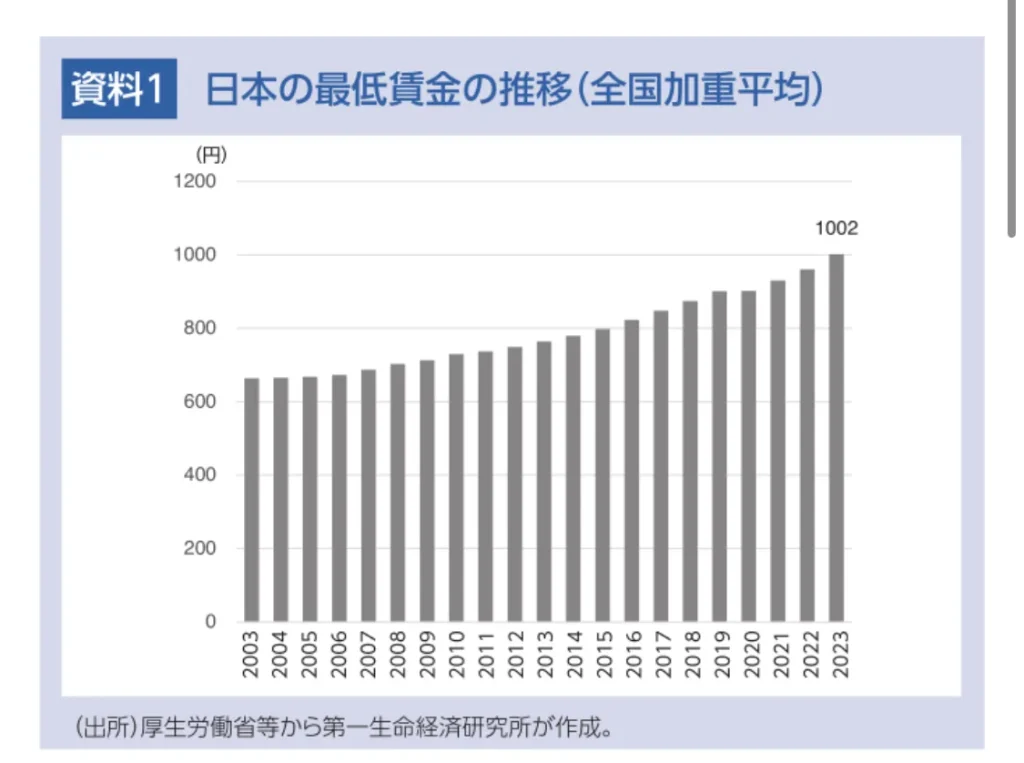
Prefectures with high and low minimum wages
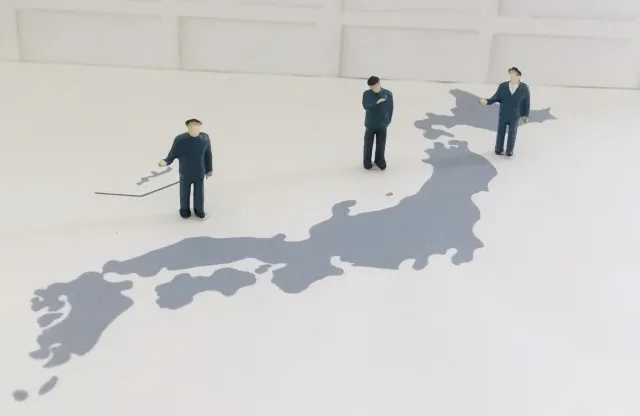
As mentioned above, the minimum wage in Japan varies from prefecture to prefecture, depending on the cost of living, the number of workers, tax revenues, and other factors.
Below is a ranking of the minimum wage in each of the 47 prefectures.
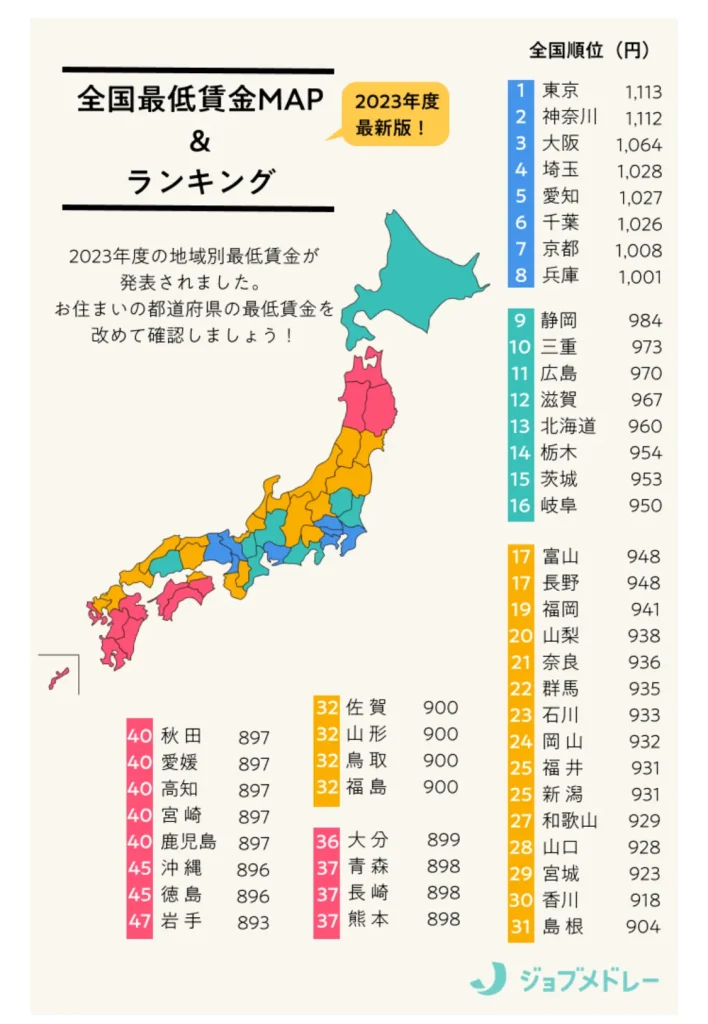
Citation:【2023 Latest 】 National Minimum Wage List & National Ranking
As of October 2023, the prefecture with the highest minimum wage is Tokyo (1,113 yen) and the prefecture with the lowest is Iwate (893 yen). The difference between the two is 220 yen, and this gap is widening every year. The highest minimum wages are paid in Tokyo, Kanagawa, and Saitama prefectures, all of which are located in large metropolitan areas.
On the other hand, the lower end of the range is dominated by northern prefectures such as Iwate and Akita, and southern prefectures such as Okinawa, Kagoshima, and Miyazaki. This difference reflects differences in economic conditions and cost of living in different regions. However, the wage gap between rural and urban areas is not only an economic issue, but also an important issue affecting the quality of life of workers.
For more information on minimum wages in Tokyo and the transition, please refer to the following article.
▶︎【 Latest 】 What is the minimum wage in Tokyo? Explanation of changes to date and comparison by prefecture.
How to check if your current wage meets the minimum wage
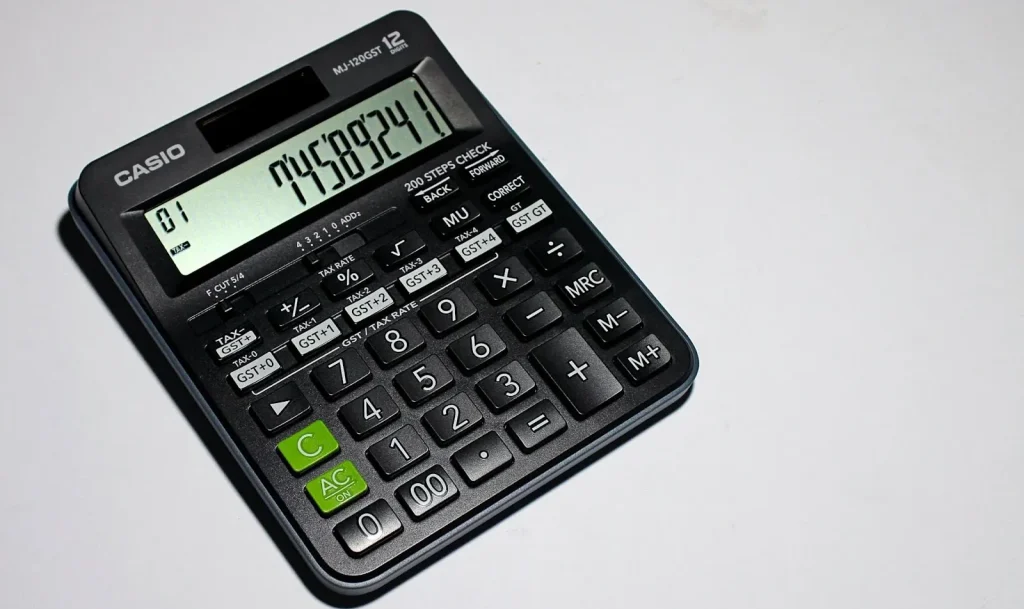
Checking to see if your wages are above the minimum wage is important to protect workers' rights. If your wages are below the minimum wage, we recommend that you consult with your employer or the Labor Standards Inspection Office. The Labor Standards Inspection Office is an organization that protects workers' rights and ensures proper working conditions. Anonymous consultation is also available.
Below is a summary of how to check if your current wages meet the minimum wage for each pattern.
- On an hourly basis
- Daily wage
- Monthly salary
- In the case of wages determined by the piece-rate payment system or other contracting system
- For a combination of 1-4
We will explain one by one.
1. on an hourly basis
If you are working under a contract that says "XX yen per hour," compare that "XX yen per hour" with the minimum wage of the prefecture where you work.
| Example: If you work for a company in Kanagawa Prefecture at "1,500 yen per hour Kanagawa Prefecture's minimum wage is 1,040 yen → ◎Minimum wage is met (exceeds the minimum wage) |
2. on a daily basis
In the case of a contract that states, "You will receive XX yen per day for one day's work," please calculate how much you will be paid per hour for one day's work and compare it to the minimum wage amount.
| Example: If you work for a company in Kanagawa Prefecture under a contract of "8 hours work per day, 10,000 yen per day". 10,000 yen per day ÷ 8 hours = 1,250 yen per hour Minimum wage in Kanagawa Prefecture is 1,040 yen → ◎Minimum wage amount is met (exceeds minimum wage amount) |
However, if the occupation has a minimum wage scale per day (specific (industry-specific) minimum wages with daily amounts apply), please compare the daily salary with the minimum wage amount per day.
3. on a monthly basis
In the case of a contract that states, "You will receive XX yen per month," such as "XX yen per month," calculate how much you will be paid per hour for the month, and compare this to the minimum wage amount.
| Example: If you work for a company in Kanagawa Prefecture under a contract of "8 hours work per day, 200,000 yen per month". Monthly salary 200,000 yen ÷ (8 hours × 22 days) = 200,000 yen ÷ 176 hours = 1,136 yen per hour Minimum wage in Kanagawa Prefecture is 1,040 yen → ◎Minimum wage amount is met (exceeds minimum wage amount) |
In the case of wages determined by the piece-rate payment system or other contracting system
In the case of a piece-rate contract, such as "XX yen per product," or any other contractual agreement, calculate the amount per hour based on the total amount of salary and the hours worked during the period for which the salary was received, and compare it to the minimum wage amount.
| Example: If a company in Kanagawa Prefecture works 8 hours on weekdays only in October under a contract to "make 100 yen for each completed product" and the salary for October is 180,000 yen. Salary for October 180,000 yen ÷ (8 hours × 22 days) = 180,000 yen ÷ 176 hours = 1,022 yen per hour Minimum wage in Kanagawa Prefecture is 1,040 yen → x Minimum wage amount is not met (below the minimum wage amount) |
5. for a combination of 1-4
If contracts 1 through 4 are combined, convert each salary into an hourly amount using each method and compare it to the minimum wage amount.
Reference:How to check if the minimum wage is above the minimum wage|Ministry of Health, Labour and Welfare
Average income in Japan

According to the Ministry of Health, Labour and Welfare's "2022 National Survey of Basic Living Conditions" overview, the average income amount (annual income) per household in 2021 was 5,457,000 yen for all households. The average income amount, which declined significantly in 2020 due to the impact of the new coronavirus infection, showed a trend toward recovery in 2021.
On the other hand, a review of income distribution shows that the most common type of household income is "annual income between 2 and 3 million yen. The percentage of households with incomes below the average income (5,457,000 yen) is 61.6%, indicating that more than 60% of households have annual incomes below the average income.
The percentage of households that answered "very difficult" or "somewhat difficult" in terms of their attitudes toward their daily lives remains in the majority, at 51.31 TP30T in 2022. While there is a trend toward an increase in income, many households are still feeling anxious about their daily lives.
In particular, a higher percentage of economically vulnerable households, such as single-mother households and elderly households, are experiencing difficulties in their lives. There are many issues that need to be resolved in Japanese society, such as the widening economic disparity and the worsening employment environment caused by the Corona disaster. In order to realize a society in which each and every individual can live with peace of mind, comprehensive efforts are required, not only to raise the minimum wage, but also to strengthen the safety net and enhance education.
Reference:Income Status of Various Households|Ministry of Health, Labour and Welfare
Serious employment support to help you realize your dream of working in Japan!

Do you want to work in Japan?
Let us "Goandup" make that dream a reality!
【 Program Features 】
✅ JLPT N3 level Japanese language acquisition
✅ Thorough preparation for the specific skills test
✅ Full support for job hunting in Japan
Business-focused one-on-one lessons will help you find a job in Japan in the shortest possible time.
【 Program Menu 】
- Individual Japanese language lessons
- Intensive curriculum to obtain N3, especially specialized lessons for business Japanese that can be used at work.
- Intensive curriculum to obtain N3, especially specialized lessons for business Japanese that can be used at work.
- Preparation for the Specific Skills Test
- Customized materials for specific skill tests will be used to focus on frequently asked questions and learning to pass the test.
- Customized materials for specific skill tests will be used to focus on frequently asked questions and learning to pass the test.
- Resume and CV support
- To create resumes and CVs tailored to Japanese corporate culture, and to brush up on self-promotion and motivation for application.
- To create resumes and CVs tailored to Japanese corporate culture, and to brush up on self-promotion and motivation for application.
- Interview Preparation
- Guidance on areas for improvement through mock interviews and feedback based on corporate interview scenarios. Learn interview etiquette and behavior unique to Japan.
- Guidance on areas for improvement through mock interviews and feedback based on corporate interview scenarios. Learn interview etiquette and behavior unique to Japan.
- career consulting
- Provide introductions to companies that match the participant's career goals, select companies to apply to, and provide advice on the level of knowledge required by the companies to which the participant is applying.
- Provide introductions to companies that match the participant's career goals, select companies to apply to, and provide advice on the level of knowledge required by the companies to which the participant is applying.
- Chat Support
- In addition to one-on-one individual lessons, we also accept casual questions via DM (visa application, living support, assistance in finding a room, etc.).
If you are serious about your career in Japan, join us now!
▶︎ for more informationclick here.
We will do our best to support your success in Japan!
summary
The following is a summary of what has been said so far.
- Minimum wages are set by each prefecture in Japan and apply to foreigners working in Japan.
- The prefecture with the highest minimum wage is Tokyo (1,113 yen) and the lowest is Iwate (893 yen)
- To make sure your current wage meets the minimum wage, you need to calculate how much you are getting paid per hour of work.
The minimum wage system is an important system to protect workers' livelihoods and ensure proper working conditions. It is very important to make sure that you are working in a working environment that complies with the law, in order to protect your rights.
We hope that this article will encourage foreign nationals working in Japan to think about their own working environment and wages. We sincerely hope that an environment will be created where they can work with peace of mind and with appropriate wages.
If you have any concerns or questions, please do not keep them to yourself, but consult with people around you or professional organizations. We will think and act together to protect your rights.
For the average annual income of foreigners working in Japan, please refer to the following article.
▶︎【 Latest 】 What is the average annual income of foreigners living in Japan? The average annual income of Japanese by genre is also explained!
Your support will help us!
Thank you for visiting Goandup Picks. Our mission is to provide you with more useful information to show the world what Japan has to offer.
Your support will help us to further enhance our activities, so please support us!

